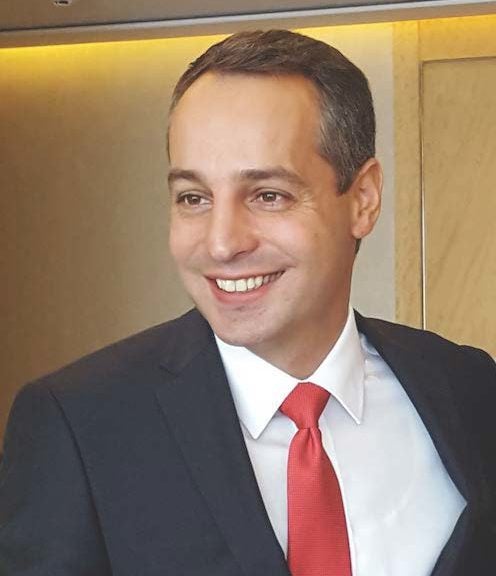Georgetown Offers Executive Courses in Public-Private Partnerships and International Finance

Training is one of the most effective ways companies and organizations optimize operations and ensure financial health in a fast moving world. To meet the needs of Qatar’s busy professionals, Georgetown University in Qatar (GU-Q) offered two Executive Education courses that provide junior to mid-level executives high impact skills, knowledge, and strategies needed to thrive in a complex and fast-moving international marketplace.
The Executive Education offerings included a 2-day course on global markets April 17- 18, and a 3-day course on public-private partnership April 28-30. Rodolph Boughaba, Associate Dean for Executive Education, emphasized the impact of GU-Q’s highly specialized seminars, saying: “Executive education and training addresses the development needs of professionals to differentiate themselves in the workforce. It’s not enough to meet the needs of today. To compete, you have to be positioned to forecast the next trends that will soon be shaping Qatar’s business landscape as well as the world economy.”
The “International Finance: Understanding Global Markets” program is an intensive course that provides executives with the tools needed to master global markets. Through an in-depth analysis of the components of the global financial system, the identification of the links between those components, and a careful study of the forces that shift them, participants learn to anticipate, understand, and respond to movements in global markets. The course is taught by Associate Professor and Director of International Economics at GU-Q, Dr. Alexis Antoniades, a leading expert on understanding Global Markets and on the economies of the Gulf countries.
The second offered course, “Public-Private Partnership,” teaches participants when to develop partnerships between public and private entities (PPPs), how to monitor the partnership performance as well as to explore the political, managerial, legal, financial, and ethical implications of such partnerships.
“Contracts between government bodies and private entities provide key advantages to both parties, including the exchange of technology and innovation and providing better public services through operational efficiency. This program also presented an exceptional opportunity to become familiar with PPPs in Qatar,” explained Boughaba.
The course is taught by John Buttarazzi, an adjunct professor with the Georgetown University McCourt School of Public Policy in Washington, D.C., where he teaches a graduate-level course on PPPs. He has over 25 years of experience in infrastructure and economic development, and has advised hundreds of U.S. and foreign government officials on various public-private partnership matters.